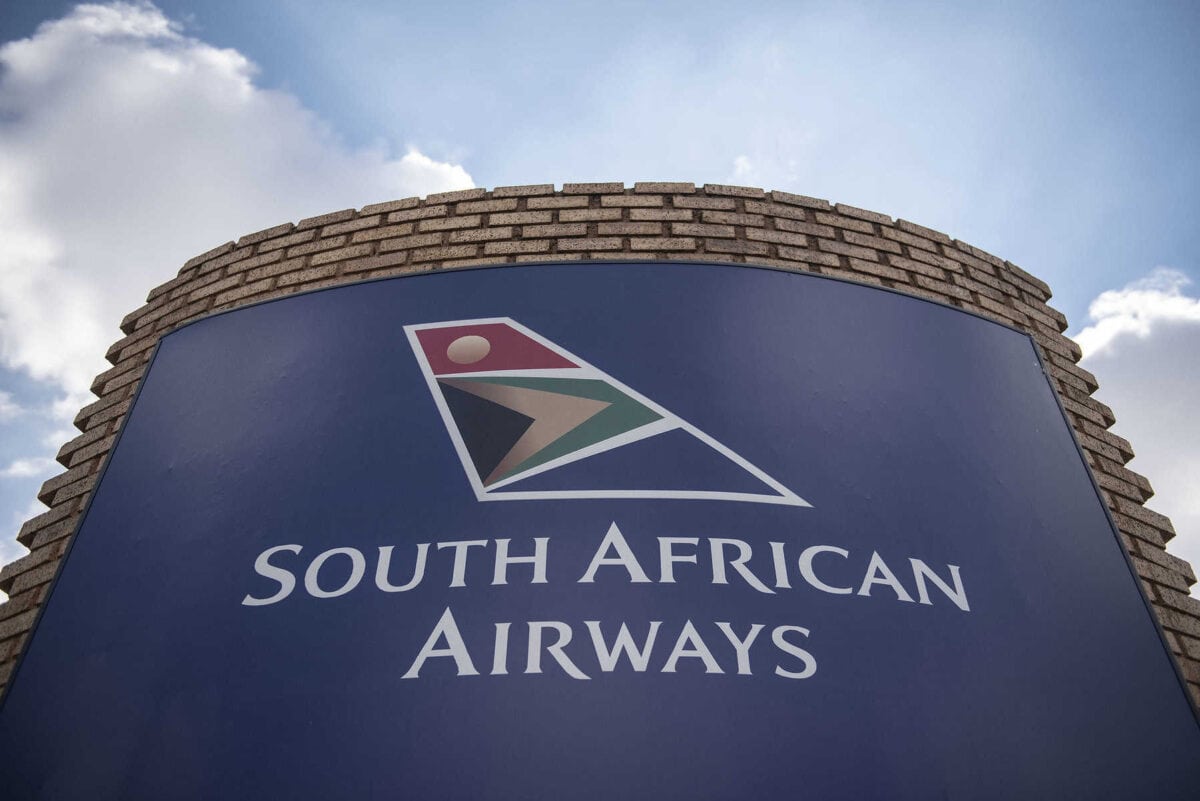Economists want to know who would invest in a company that cannot deliver its annual financial statements on time.
Although Transport Minister Barbara Creecy told parliament this week that South African Airways (SAA) is now “debt-free”, the troubled airline still needs cash and economists doubt whether anyone would loan it money in the absence of financial statements.
The Auditor-General told the standing committee on public enterprises in February this year that SAA failed to submit its financial statements for auditing within the prescribed timeframes in 2019, 2020, 2021, and 2022.
This week, board chair Derek Hanekom and chair of the audit, risk and governance committee Fathima Gany, promised to table the documents by next year, saying that when they joined the airline’s board 17 months ago, there was a serious backlog in the submission of audited financial statements.
They said they have completed the 2022-23 financial statements and are waiting for the SAA annual general meeting before it can be made public.
ALSO READ: ‘Clear distinction between privatisation and investment’: Hanekom says SAA still needs R3bn
SAA needs capital injection – Creecy
Creecy said SAA needs a capital injection from an equity partner and assured MPs that the airline would not be privatised. She said government would be open to a model allowing for developmental financial institutions to take an equity stake in SAA, similar to the Public Investment Corporation (PIC) investing in the Airports Company South Africa (Acsa).
In addition, Creecy said SAA also requires a loan facility “to deal with black swan events”, such as a freak bird strike or a shutdown due to a pandemic.
But Jannie Rossouw, visiting professor at the Wits business School, says it is not likely that SAA will get a loan from a bank or find a genuine investor who will buy equity in the airline given its history.
“Given that its 2022/23 financial statements have not been published by now, I cannot think that anyone would be willing to take the risk of investing in SAA. And there is no point telling us that SAA is debt-free – show us it is true by showing us the financial statements.
“SAA needs recapitalisation and that can only happen if the financial statements are up to date. I think it is scandalous that the financial statements are not available yet. It is 0% likely that SAA will find any investors.”
ALSO READ: Are taxpayer funds really safe from SAA’s grasp?
Will one parastatal bail out another?
What are the implications for ordinary taxpayers and pension fund members if SAA approaches “development financial institutions”, like the PIC? Will this not then be one parastatal bailing out another, using pensioners’ money?
Rossouw says to start with SAA is not a developmental project, but a vanity project of the government. “We must also remember that the PIC’s money is not government money. It is money that belongs to governments’ employees and pensioners. If the PIC ‘invests’ in SAA, it will be government bailing out the airline with other people’s money, not its own money.”
He believes that the PIC should not go near SAA as it is too risky to invest in an entity with no up to date financial statements. “SAA has been managed very badly and… government should have given it away when it had the opportunity to.”
Dawie Roodt, chief economist at the Efficient Group, also does not think that SAA would find an investor. “It is very unlikely without a state guarantee and considering its track record of political interference.”
ALSO READ: SAA must show us the money
Bad idea for PIC to invest in SAA
He agrees that it will be a bad idea for the PIC to invest in the national airline, as it already had 10 bailouts and all of them were disasters. “I do not think the PIC will consider investing in SAA, but then again the PIC has also done some funny things in the past.”
If all else fails, can we expect Finance Minister Enoch Godongwana to keep his promise to force private pension funds to invest in “developmental” projects? Roodt says he does not think this will happen, as there will be huge opposition from the public.
